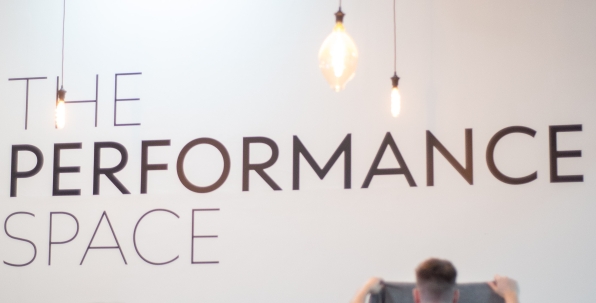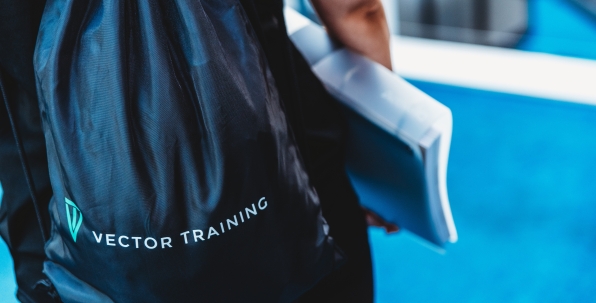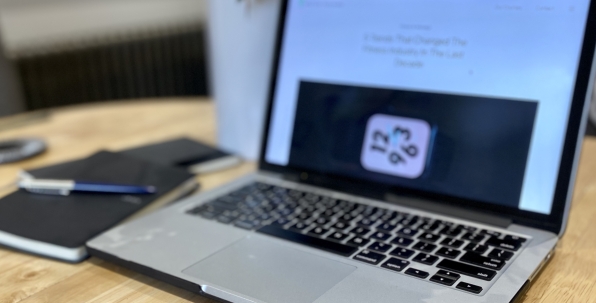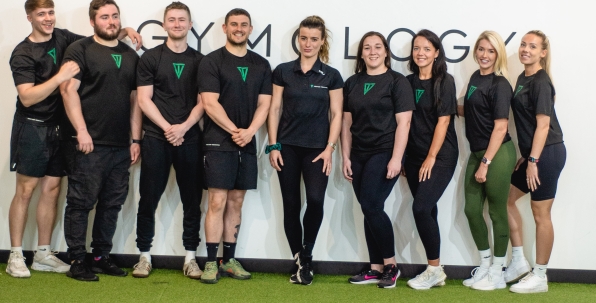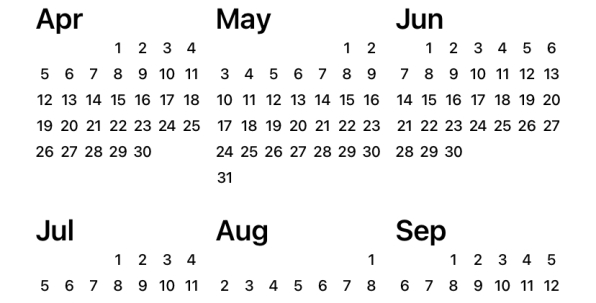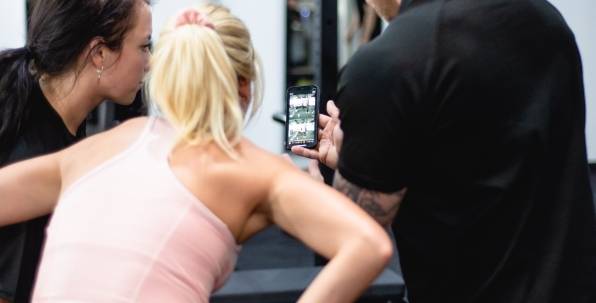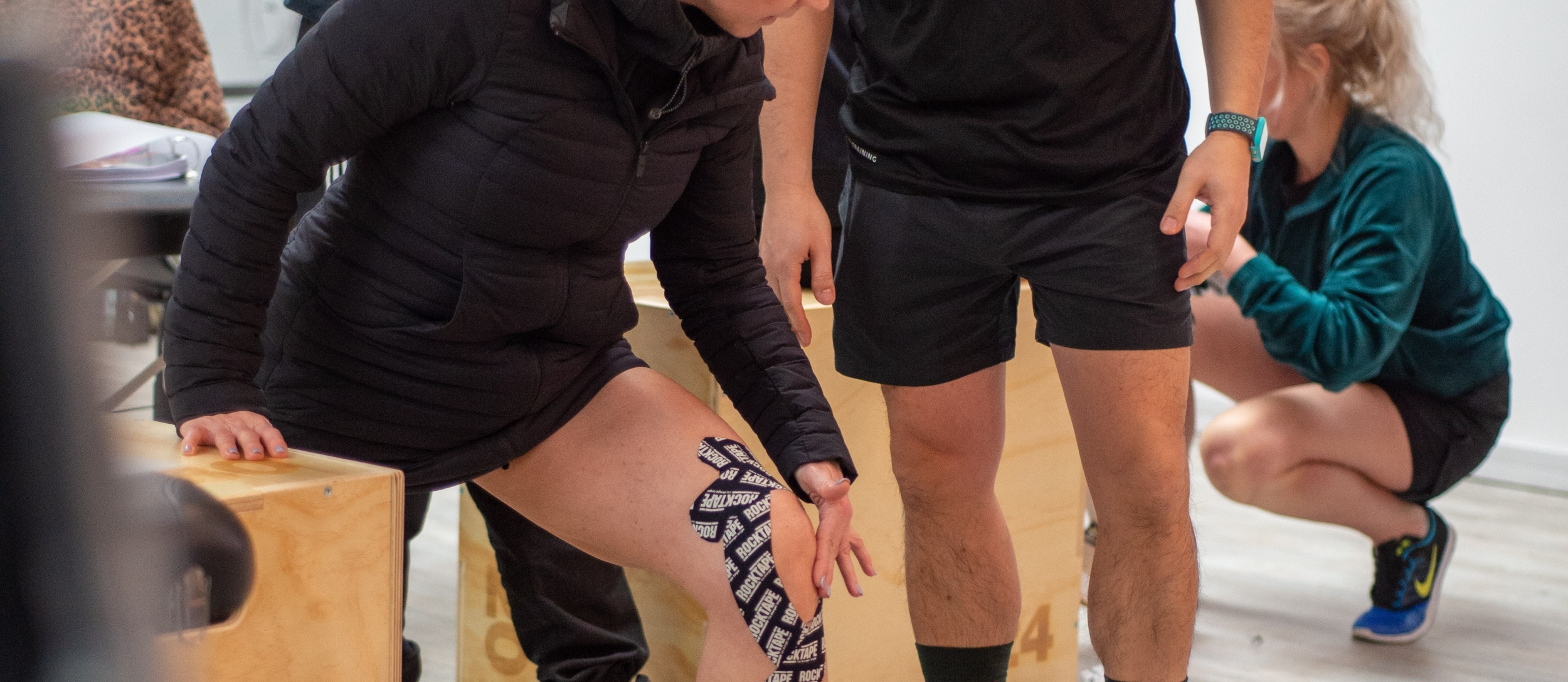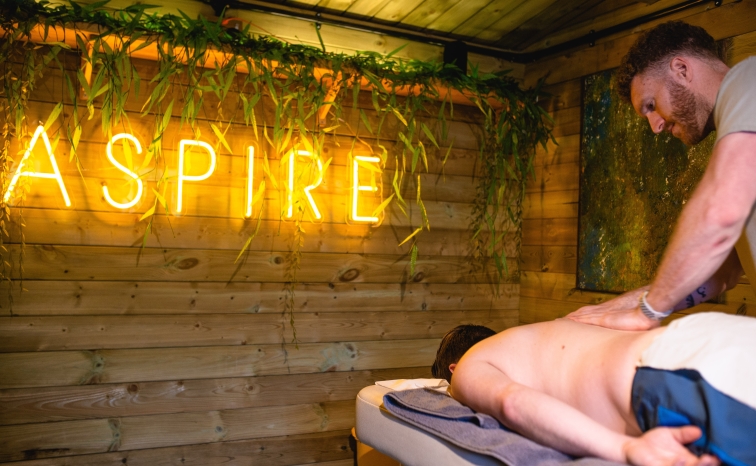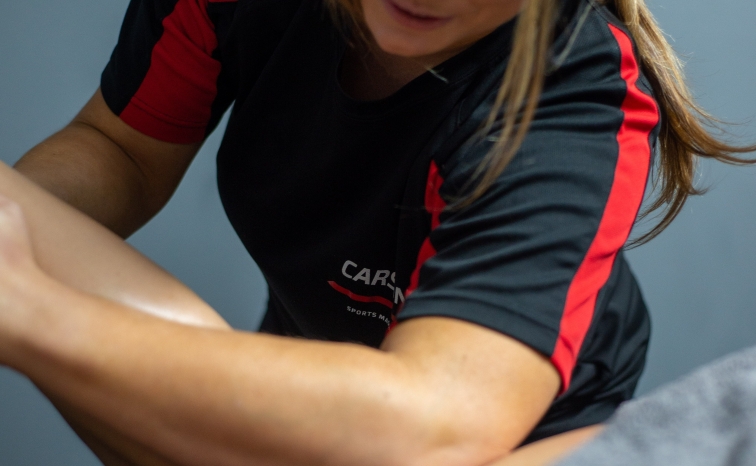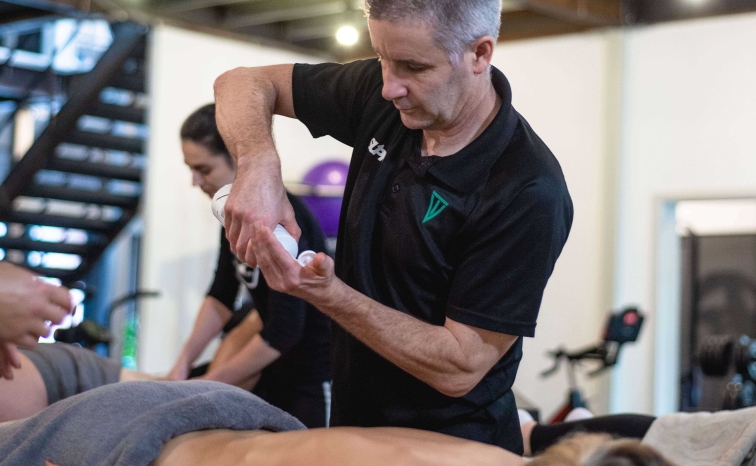What’s the difference between a level 3 sports massage course and a level 4 sports massage course?
The biggest difference between the Level 3 Diploma in Sports Massage Therapy and the Level 4 Certificate in Sports Massage Therapy, is the level 4 qualification allows you to treat a wider scope of clients effectively, including conducting assessment and managing those with soft tissue injuries.
After a level 3 sports massage therapy course, learners should qualify with the skills and confidence to build their business and deliver a full body sports massage to a range of different body types and athletes (for more information on the Level 3 Diploma in Sports Massage Therapy and how it is delivered see here), using a range of techniques including petrissage, effleurage, tapotement, vibration and passive stretching.
A level 4 SMT is trained to work with clients with soft tissue injuries. During your level 4 course you will understand the different stages of injury and the healing process, and how you can treat clients throughout each stage, using advanced treatment methods including soft tissue release, muscle energy techniques, friction, trigger points and positional release technique.
After completing a level 4 sports massage therapy course, therapists have the skills to effectively conduct subjective and objective assessments. This includes a deeper understanding of each joint and ability to devise sports massage treatment plans suitable for each client.
Being qualified to level 4 also allows more scope in where you can work. With a level 4 you are able to become part of a multidisciplinary team within a clinic or sporting environment, working alongside physiotherapists and osteopaths. With an understanding of a range of injuries including Thoracic Outlet Syndrome, Compartment Syndrome, Disc Herniation, Sacroiliac Joint Dysfunction, Whiplash, Piriformis Syndrome, Plantar Fasciitis and Carpal Tunnel Syndrome; you are able to refer to fellow professionals within your team.
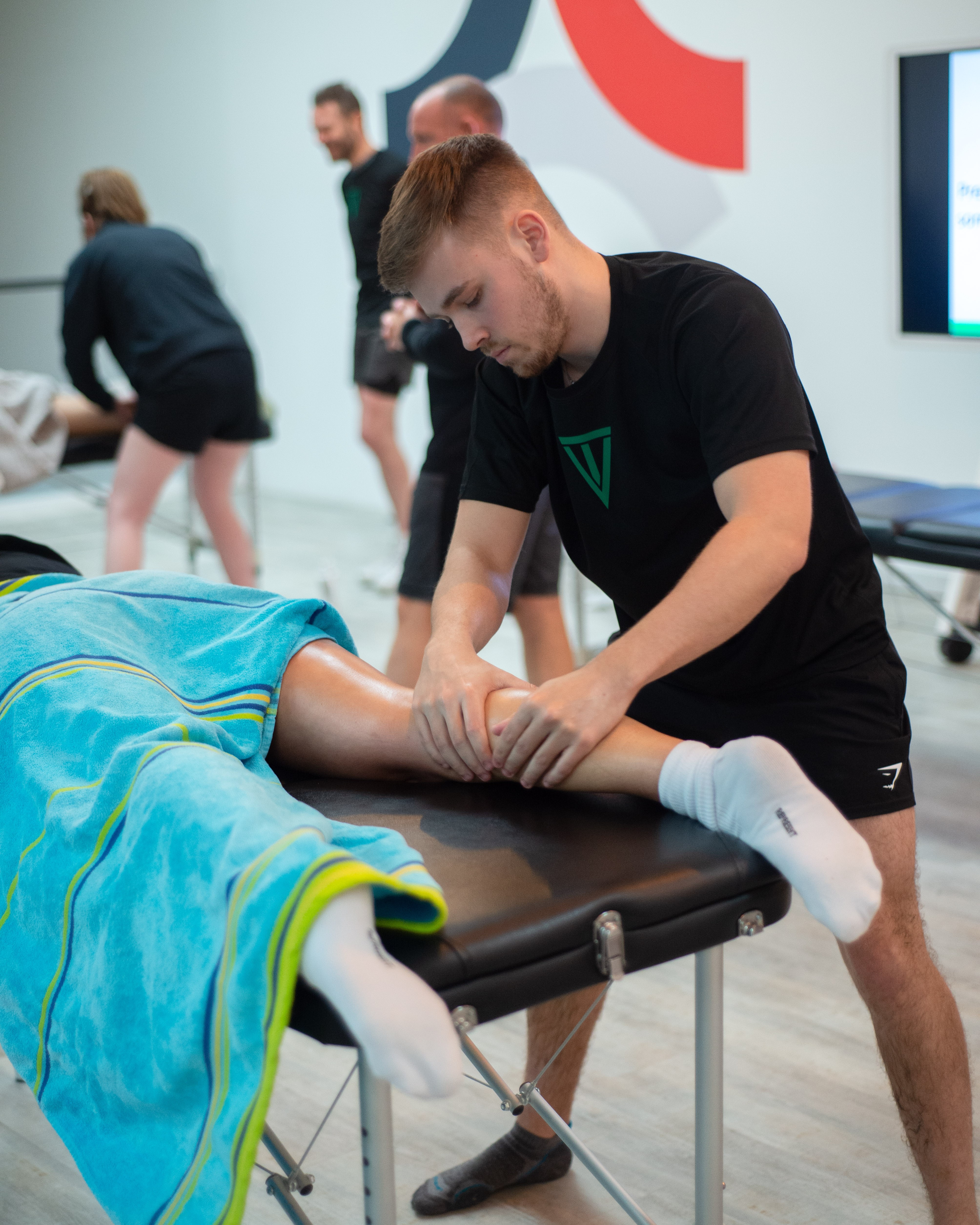
At Vector Training we deliver the Active IQ Level 4 Certificate in Sports Massage Therapy.
Our delivery of the Level 4 Certificate in Sports Massage Therapy is officially recognised by The Sports Therapy Association. Below we’ve outlined the 3 units and how they are assessed.
Unit 1: Conducting subjective and objective assessment
This unit aims to develop learner’s anatomy and physiology of the major joints in the body. Learners will understand the functions of bony structures and be able to explain the function of soft tissue structures. Learners will also learn the effects of anatomy, physiology and pathology on human function, including postural deviations and the pathophysiology of common injuries/soft tissue dysfunction.
During this unit, learners will understand the principles and practice of objective assessment techniques, including asymmetry, palpation, range of movement, postural analysis, functional tests and special tests. Including how to interpret findings for each assessment technique.
As well as understand how to conduct objective assessment techniques, learners will understand how to conduct subjective assessment techniques, including how to obtain consent, record client information, and how to store client information legally.
By the end of this unit and course, learners will be able to effectively and safely conduct subjective and objective assessments, and then be able to devise a sports massage treatment plan.
How is this unit assessed?
This unit is assessed via written worksheets in your Active IQ portfolio, summative practical observations of assessments (hip, knee or ankle, shoulder, elbow or wrist, spine). You are also observed on palpation and you are required to complete a critical evaluation.
Unit 2: Provide sports massage techniques to prevent and manage injury
Unit 2 aims to deliver learners with the skills and knowledge to be able to provide sports massage techniques to prevent and manage injury. This includes learning advanced soft tissue techniques such as soft tissue release, muscle energy techniques, friction, trigger points and positional release technique.
Learners will understand how to follow the protocols for each technique and be able to apply these techniques in sports massage treatments. This will include knowing how to practically perform the techniques and how to adapt treatment plans based on the evaluation of treatments.
How is this unit assessed?
This unit is assessed via an assignment, a modular summative observation and a critical evaluation.
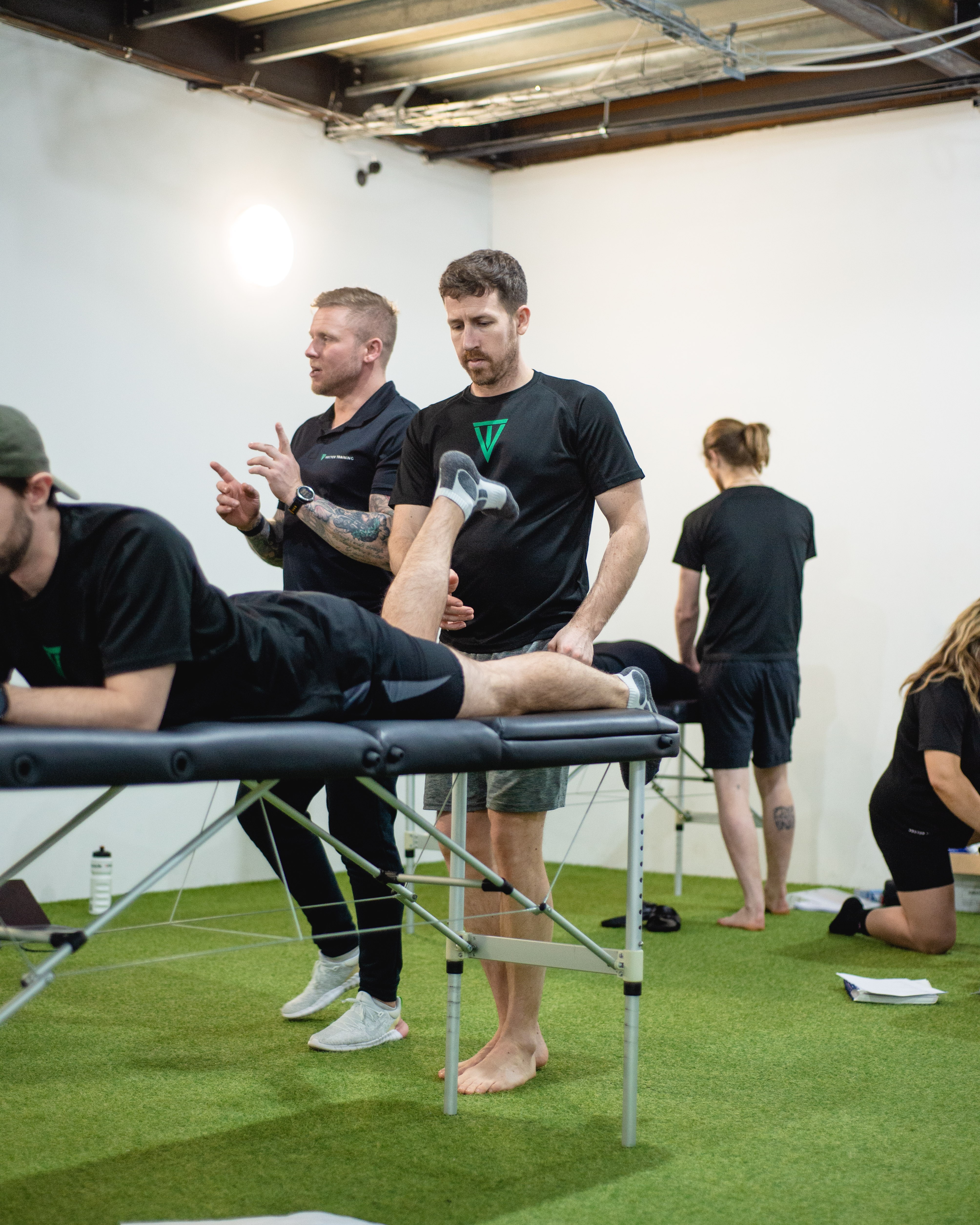
Unit 3: Treatment modalities to support soft tissue repair
During this unit, learners will understand a range of treatments to repair soft tissue. Learners will understand the aims of treatments during the acute, sub-acute, and chronic stages of injury. They will understand which treatment options support each stage of injury.
Learners will also understand the use of cryotherapy and heat treatments during soft tissue repair, including the physiological and neurological effects, the different methods of application and the contraindications to both treatments.
Learners will also be able to describe the adverse reactions to both treatments and explain the actions to take in the event of any adverse reactions.
How is this unit assessed?
This unit is assessed via a written worksheet in your Active IQ portfolio.
How is the course delivered at Vector?
At Vector we deliver this course holistically, covering each unit of the qualification during each practical session. The course is delivered over 10 in-person practical sessions and involves focusing on a different joint each weekend.
Learners will understand the functions of each joint, how to assess them and how to provide treatments relating to that part of the body. Each session has a mixture of theory and practical study.
Learners will also develop the advanced treatment methods at level 4, building on the skills they will already have being qualified as a level 3 sports massage therapist.
Looking to expand your services and develop the skills to treat more clients?
Read more here on our upcoming Level 4 sports massage course. Our sports massage courses are currently delivered at our base, The Performance Space.

